In Delphi XE or 2006, is there any way to detect at compile time that implicit conversions between integer types may lose data? I realize it's possible to detect this with runtime checking. I would want it to flag the following example even if the "big" value were 1. (We're considering changing int to bigint for certain database keys and want to determine the impact on a large legacy codebase.)
program Project1;
{$APPTYPE CONSOLE}
uses
SysUtils;
var
small: Integer;
big: Int64;
begin
big := 3000000000000;
small := big; // Detect me!
Writeln(small);
end.


